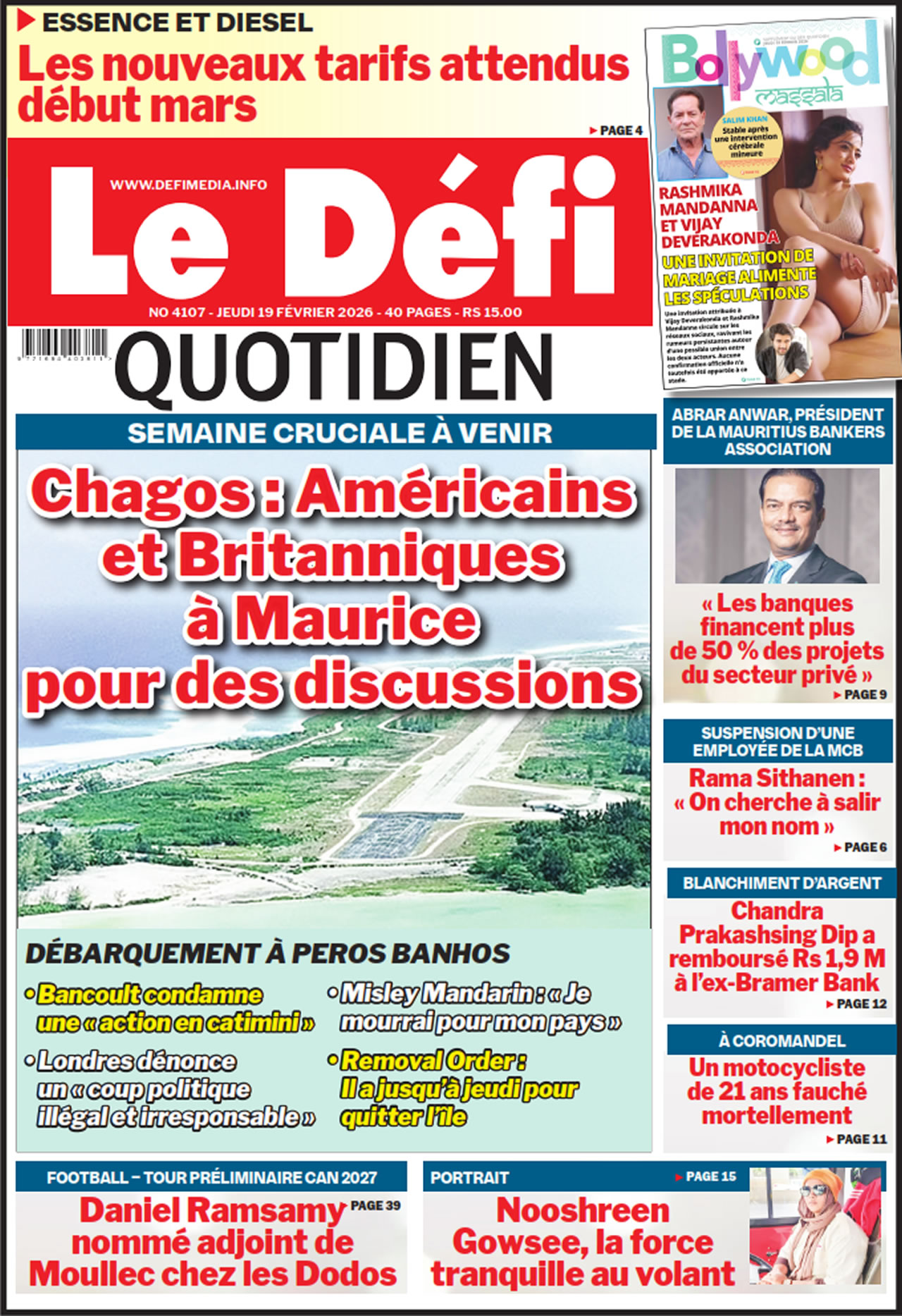
Doing Business rankings have been at the forefront of several debates this week following the fall in the ranking of Mauritius from 32nd to 49th place. Doing Business rankings have been one of the major marketing tools used by the Board of Investment as well as the private sector to attract Foreign Direct Investment in the country.
In fact, from 2006, Mauritius has been constantly improving its ranking in the Doing Business report of the World Bank. Following several reforms triggered by Mauritius back in 2006 with the Business Facilitation Act 2006, the country improved its rankings from 32nd in 2006 to a ranking of 17th in 2009, showing a progress of 15 spots on the Doing Business rankings. The table below shows the different rankings achieved by Mauritius as well the improvements achieved (negative change in rankings shows improvements).
We all know that FDI is a critical contributor to the economic growth and development in Mauritius and many people (particularly the Government, Board of Investment, Financial Services Promotion Agency, other Government institutions and the private sector) associate better performance on the Doing Business indicators with greater inflows of Foreign Direct Investment (FDI). However, when we look at FDI inflows in Mauritius, we find a completely different picture. In fact, the several rankings achieved have not helped Mauritius in attracting more investment.
In order to find whether there is a relationship between Doing Business rankings and FDI, we calculate the correlation coefficient between these two variables. The correlation coefficient is a number that quantifies whether there is a relationship between two variables and also finds the strength of the relationship. Based on the rankings and FDI figures in the table, we obtain a correlation coefficient of -0.23.
The negative values indicate that Doing Business rankings have an inverse relationship with FDI. Thus, if the rankings increase, FDI is likely to fall. However, the coefficient of 0.23 means that this relationship is very weak to hold. In simple words, this means that Doing Business rankings weakly influence FDI in Mauritius.

Nevertheless, the reform programme brought about in Mauritius, has brought its fair share of FDI, as can be seen in the graph below. Based on the latest figures of FDI of the Bank of Mauritius for the period of January to 1st September 2016, Mauritius should be able to capture FDI above the average of MUR 11,860 million recorded over the last ten years.
So, if Doing Business rankings do not improve FDI in Mauritius, we can then infer that there are other means to attract FDI in Mauritius. The Doing Business Report might be an eye opener, as to where bureaucratic hurdles exist, but we should play it down so as not to lose sight of broader objectives, that is investment attraction and job creation. It is high time that the Government institutions (Board of Investment, FSPA and foreign ambassadors) make concerted efforts to attract investment in Mauritius.
In fact, to move faster than its competitors, who, according to the Doing Business Report, are now performing better, instead of only informing foreign investors of “broad” investment opportunities, the BOI should prepare not only business plans, but implementation plans for different activities. These plans should contain all costs details (starting, operating and hidden costs) including “A to A” comparison with its competitors. By selling ready to roll projects, we are sure to attract more and quality investments. The Board of Investment should reinvent itself and transform into a supermarket where investors can buy projects off shelves and implement them straightaway.
The Brexit saga is another blessing in disguise for Mauritius to draw more FDI in the country. In fact, the Government should capitalise on this situation and start by attracting FDI from:
- The Netherlands, Ireland, Cyprus which are at risk of contagion with Brexit. It’s time to reinforce our investment promotion activities in England, and the countries mentioned above as well as with Germany and France.
- European headquarters (HQ) of non-EU firms. Many non-EU firms have their headquarters in the UK. Moreover, the UK hosts more HQs than Germany, France, Switzerland and the Netherlands put together. It is time to attract these companies to set up their headquarters in Mauritius.
- Attract financial companies from UK, Netherlands, Cyprus and Ireland to set up in Mauritius.
- Encourage Mauritian Diaspora to settle and invest back in Mauritius. Currently, Mauritian Diaspora members are thoroughly assessed in order to benefit from the scheme incentives put in place by the Government. This is a serious deterrent for Mauritian Diaspora members and should be urgently reviewed. Diaspora members should also be given the red carpet, just like foreign investors.
 Investors in these regions are more than willing to relocate in another country rather than stay in a distressed country. There is a whole mindset of attracting FDI which needs to be changed. It’s time to go back to the drawing board for the different Government institutions. Finally, it should be borne in mind that investors are motivated by profit and will continue to invest wherever their projects will be viable. Doing Business Rankings should not affect our confidence in attracting FDI.
Investors in these regions are more than willing to relocate in another country rather than stay in a distressed country. There is a whole mindset of attracting FDI which needs to be changed. It’s time to go back to the drawing board for the different Government institutions. Finally, it should be borne in mind that investors are motivated by profit and will continue to invest wherever their projects will be viable. Doing Business Rankings should not affect our confidence in attracting FDI.
Arvind Nilmadhub
Director, Afribrains Ltd
 J'aime
J'aime














